
Diana Weber
Lawyer of international law
Rating:
15
March
Immigration to Romania for Permanent Residence
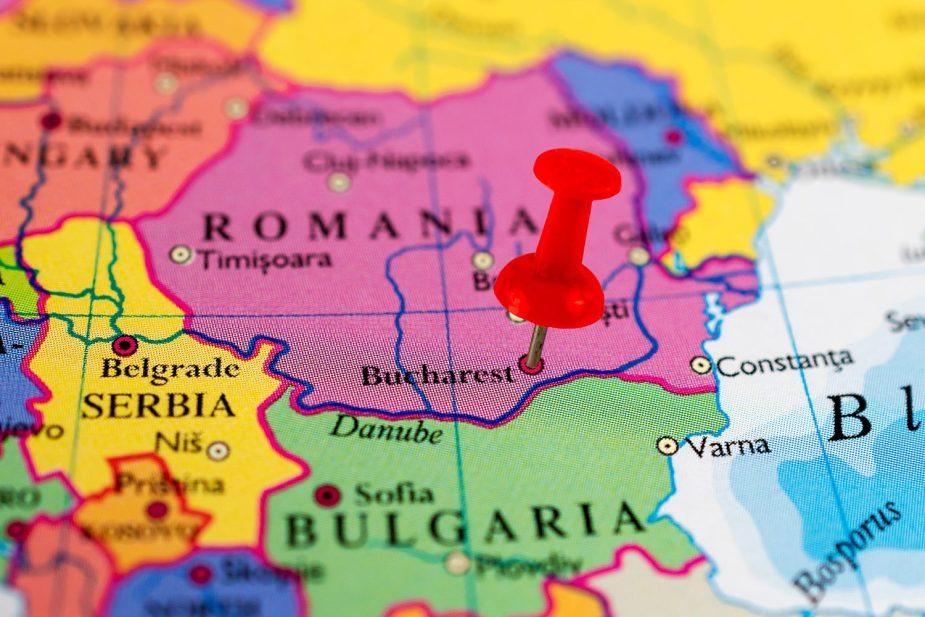
Permanent residence of Romania is granted to applicants who have lived in the country for a five-year period with a temporary residence permit. The state actively attracts foreign applicants with the aim of developing the economic sector, the emergence of new enterprises and jobs for the indigenous population. The features of the country’s migration policy are given in the local law “On the regime of foreigners”. Below are ways to obtain the status of a permanent resident, requirements for applicants, a step-by-step instruction for relocation to Romania and expected expenses.
Permanent residence of Romania is a status granted to persons for permanent residence in the state without time limits and additional documentary requirements. This document can be counted on by foreigners who have spent from 5 years in the country with a temporary residence permit, have a permanent income of no less than the minimum wage (about 670 EUR, as of 2024), know the state language at a conversational level. Also, the applicant for a permanent resident card should register an address (registration) in the country and medical insurance.
In 2026 the status of a permanent Romanian resident gives the owner access to the following privileges:
Immigration law professionals help foreigners choose the best immigration program for Romania and obtain their desired status quickly. Immigrantinlaw specialists offer comprehensive support, from document preparation to accompanying clients to government offices. With their assistance, moving to the EU to obtain residency or citizenship becomes faster and easier. For more details, book a free consultation.
Submit an application form and we'll get back to you!
To move to a permanent place of residence in Romania, an immigrant needs to arrange a temporary residence permit. Obtaining the first residence permit is possible for applicants on a number of grounds listed in local legislation, for example, for work, study, business, family reunification, for professional or special activities. In order to subsequently apply for permanent residence, a foreigner needs to be in Romania for at least 6 months a year over a five-year period. Often, applicants extend their residence permit several times until they observe the census of sedentary life.
Persons registered as permanent employees of a Romanian company (or transferred within an international corporation) have the opportunity to move to the country and apply for a resident card. Employers have the right to employ foreign citizens only after the approval of the General Immigration Inspectorate, if there is a shortage of personnel in the country for the corresponding profession. The employee’s salary must be no less than the minimum gross income established by law. To obtain a residence permit, the applicant must have a work contract in his hands.
Residency in Romania is granted to immigrants who are starting an educational course in the country. The interested person can acquire the necessary knowledge in secondary, vocational and higher educational institutions, as well as undergo an internship or improve their qualifications. The foreigner needs to have sufficient financial resources to provide for living in the country, and pay for education before applying for a residence permit. The resident card is issued to the applicant after presenting a certificate of enrollment in a university or other accredited institution.
The status of a temporary resident in Romania is not directly granted for the purchase of housing. However, within the framework of supporting foreign investment, local legislation provides for the registration of a residence permit for persons who acquire real estate as a business asset for an amount from half a million euros. The purchased premises can be used by the applicant as an office or for similar purposes. Investing funds in the amount of 500,000 EUR allows the immigrant to receive a temporary resident card immediately for 36 months instead of the standard twelve.
Moving to Romania is available to persons who plan to register a company in the country or invest financial resources in the assets of an existing organization. The minimum investment amount for the applicant is 100-150 thousand EUR, depending on the legal form of the company. Foreigners submit a business plan to the authorized body and receive approval from the foreign trade and investment assistance center or the Ministry of Energy, Small and Medium Enterprises and the Business Environment. The applicant must also create at least 10-15 jobs for Romanians.
Romanian legislation provides for the right to immigrate for foreign citizens who are representatives of free professions, and plan to carry out work in their specialty in the country (including “digital nomads”). Also, persons arriving to perform tasks in accordance with the emergency decree “On conducting economic activity” can claim the status of a resident. The applicant must have the appropriate education and successful experience in the chosen field, already implemented abroad, which is confirmed by documents.
The opportunity to move to Romania is available to spouses of local citizens, recognized refugees and residents (provided that the residence permit of the host party is issued for at least one year). The right to immigrate is also available to unregistered partners, provided that they have common children with the inviting person. The main document for the applicant is a marriage certificate (or birth of a child). If the spouse moves to a resident of Romania, the host party must have sufficient living space for cohabitation and be financially secure to support the dependent.
Owners of a Romanian residence permit or permanent residence card are entitled to invite their children under 21 years old (or 26, if they are studying at a university full-time), not married, including the child of a registered partner. Citizens of the state can also petition for the relocation of first-degree relatives in the direct ascending line - their own or spouse. The right to family reunification can be used by other family members of the host party, provided that they need constant care or cannot provide for themselves. The corresponding family ties are confirmed by documents.
Foreign citizens invited by licensed Romanian organizations to participate in scientific research have the right to apply for a temporary resident card. Applicants from abroad undertake to obtain approval from the state Ministry of Innovation to carry out the planned activities. The applicant must enter into an official contract with the host company indicating the tasks to be performed and the time frame for their implementation, which is the basis for applying for a residence permit.
Moving to Romania is possible for representatives of the church who come to the country to carry out professional activities (with the necessary experience) with the permission of the State Secretary for Religious Affairs. An immigrant can immigrate if he is invited by a religious organization that has the appropriate license. Applications from refugees are examined by state anti-terrorist bodies on an individual basis. The immigrant must have a reserve of funds in the amount of three times the average salary in Romania (approximately 5400 EUR in 2025).
Foreigners who need medical assistance and have an invitation from a private or state specialized hospital move to Romania. Along with the applicant, an accompanying person can move if the person requiring treatment is unable to care about him/herself. To receive a resident card, the applicant provides the authorized bodies with a letter of admission from the relevant medical institutions indicating the diagnosis and the expected duration of stay.
Immigration to Romania is possible for foreign citizens who need political asylum and cannot stay in their home country for objective reasons, for example, due to racial or religious discrimination. International asylum is also granted to persons who have become victims of trade exploitation. In 2024, Romania continues to accept Ukrainians who can request temporary protection in the country. Applications from refugees are considered with the participation of law enforcement agencies on an individual basis.
Owners of a passport of any of the European Union countries have the opportunity to permanently stay in Romania without temporary and visa restrictions. After moving, foreigners should register their place of stay in the country (register). Similar conditions are provided for owners of the EU Blue Card and resident status within the framework of ICT mobility.
Migration experts assist foreigners in selecting the ideal program for moving to Romania, helping them acquire residency or citizenship swiftly. Immigrantinlaw specialists provide support throughout every stage—from dossier preparation to representation in government offices. Schedule a free consultation to learn more about their services and accelerate your move to the EU.
To request the initial status of a temporary resident in Romania, an interested person provides the following to the authorized bodies:
The dossier for obtaining Romanian permanent residence looks like this:
Documents in a foreign language must be translated into Romanian, apostilled and notarized.
Foreigners can immigrate to Romania by choosing a basis for obtaining a local resident card or having a passport from another European Union country. Life in the country attracts applicants with low prices: the approximate monthly expenses per person, excluding rent, are approximately 540 EUR. Businessmen are satisfied with low taxes - for example, 1% for micro-enterprises. Immigrants to Romania are also people who have a profession in demand in the local labor market and want to get paid more for their work than in the countries of the former USSR.
To move to Romania, an immigrant step by step does the following:
Immigrantinlaw experts offer tailored programs for a fast, convenient move to Romania, leading to EU residency or citizenship. Their services cover all steps, from document assembly to government office visits. Book a free consultation to learn more about the benefits of their migration support.
Foreigners who have violated the migration legislation of Romania (for example, the period of permitted stay in the country) can be fined up to 250 EUR. Illegal immigrants are subject to methods of voluntary or forced expulsion with an obligation to cover the costs of deportation. A foreigner may be prohibited from re-entering the territory of Romania and other European Union countries. The authorities of the country also initiate administrative lawsuits against illegal immigrants.
Submit an application form and we'll get back to you!
Starting in 2025, Romania’s legislation on permanent residence (permisele de rezidență permanentă / EU long-term residence status) underwent a number of important changes — clarifying requirements for residence, income, language skills, and processing times.
In 2025, the path to permanent residence in Romania became stricter and more formalized: continuous residence and absence limits are now strictly enforced, income and language requirements have been tightened, applications must be processed within set deadlines, and document verification and integration factors carry greater weight.
Foreigners who have moved to Romania for permanent residence note the relative ease of legalizing their stay due to a large selection of grounds for obtaining local residence. In positive reviews of immigrants, low prices for real estate and life in general, pleasant climatic and environmental conditions, prospects for the development of commercial activities, especially in the field of small business, are noted. Satisfied moved foreigners also low taxes (including personal income tax up to 33% compared to the maximum 45-50% in Western European countries), inexpensive but high-quality medical care, ease of integration and mastering the state language.
Among the disadvantages of moving, a foreigner attributes low Romanian salaries, if compared with other EU countries, and a lack of vacancies in the local labor market. Not all immigrants are satisfied with the long census of sedentary life in the state to obtain the status of a permanent resident and citizenship. Most of the moved persons in the reviews recommend immigrating with the support of international law specialists to avoid complex bureaucratic procedures.
Get more information about the peculiarities of immigration to the EU at a free consultation
Professionals in the field of jurisprudence help foreigners to choose the optimal immigration program to Romania and get the requested status in a short time. International law specialists provide a range of services, from independent dossier formation to recording and accompanying the client at a reception in state bodies. The assistance of migration lawyers allows foreigners to quickly and easily move to the EU with the receipt of local residence or citizenship. Applicants can find out the details by signing up for a free consultation.
How to Get Сitizenship of the Czech Republic
26 June
Czech citizenship is the political and legal connection between a person and the state, which is expressed in a list...
How to Get Citizenship of Estonia
25 November
Estonian citizenship is a status that grants you certain rights and a number of obligations to the state. Among the...
Obtaining German Residence Permit for Foreigners
5 April
A residence permit in Germany is a document that gives the right to live in the country from six months...
Permanent Residency in Denmark: How to Move and Start a New Life
17 February
Danish permanent residence permit is a document with which you can stay in the country for an unlimited period of...
How to Get Citizenship of Spain
16 August
Spanish citizenship (Nacionalidad española) is granted by blood right, option (choice), naturalization in regular or accelerated order. Most often, foreigners...
Immigration to Hungary for Permanent Residence
16 September
Moving to Hungary is an opportunity to live in an inexpensive, but economically developed and promising country of Eastern Europe...
Discover
new opportunities
with a European Union passport!
Submit the application form and we will call you back!
Leave a request
Contacts
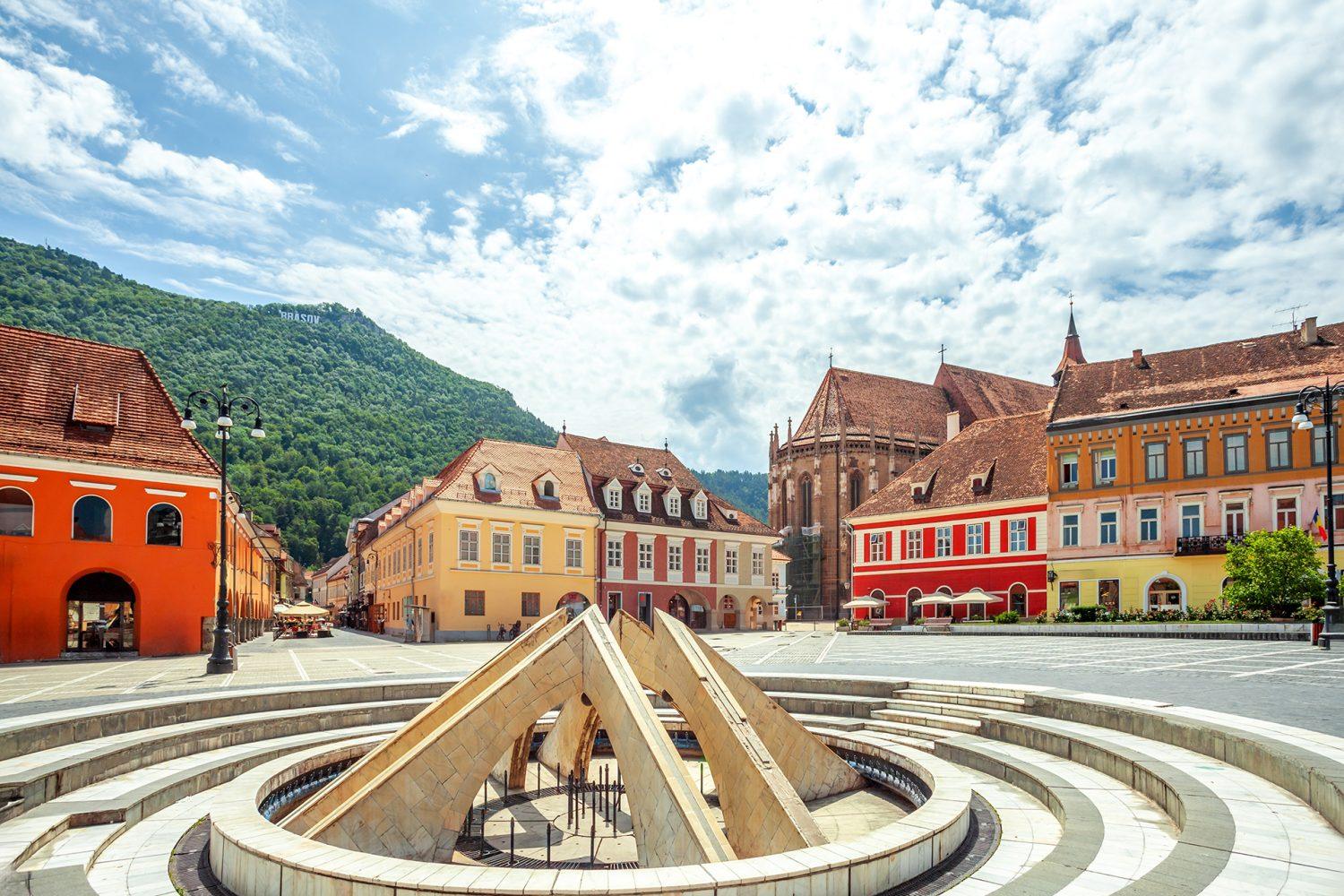


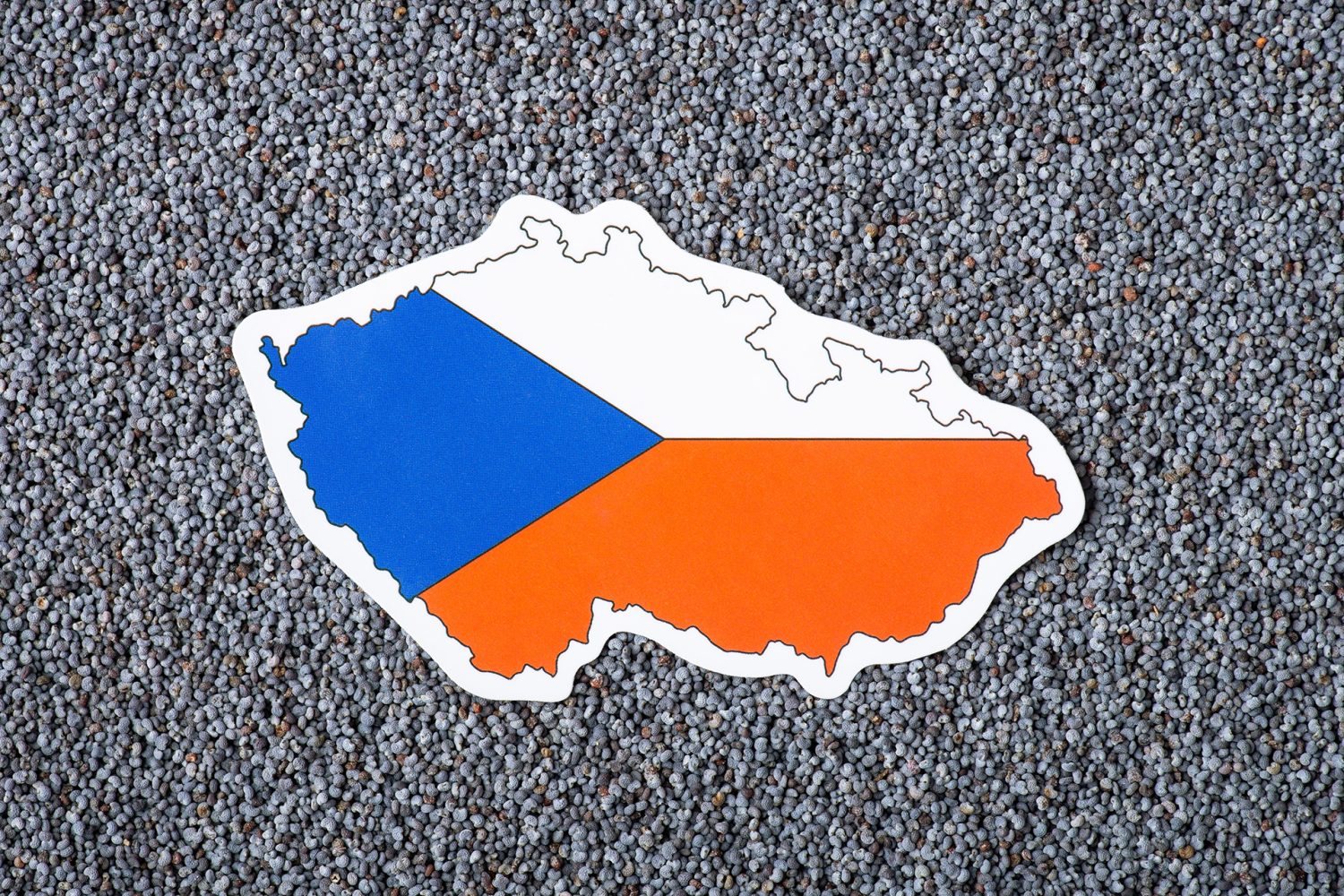
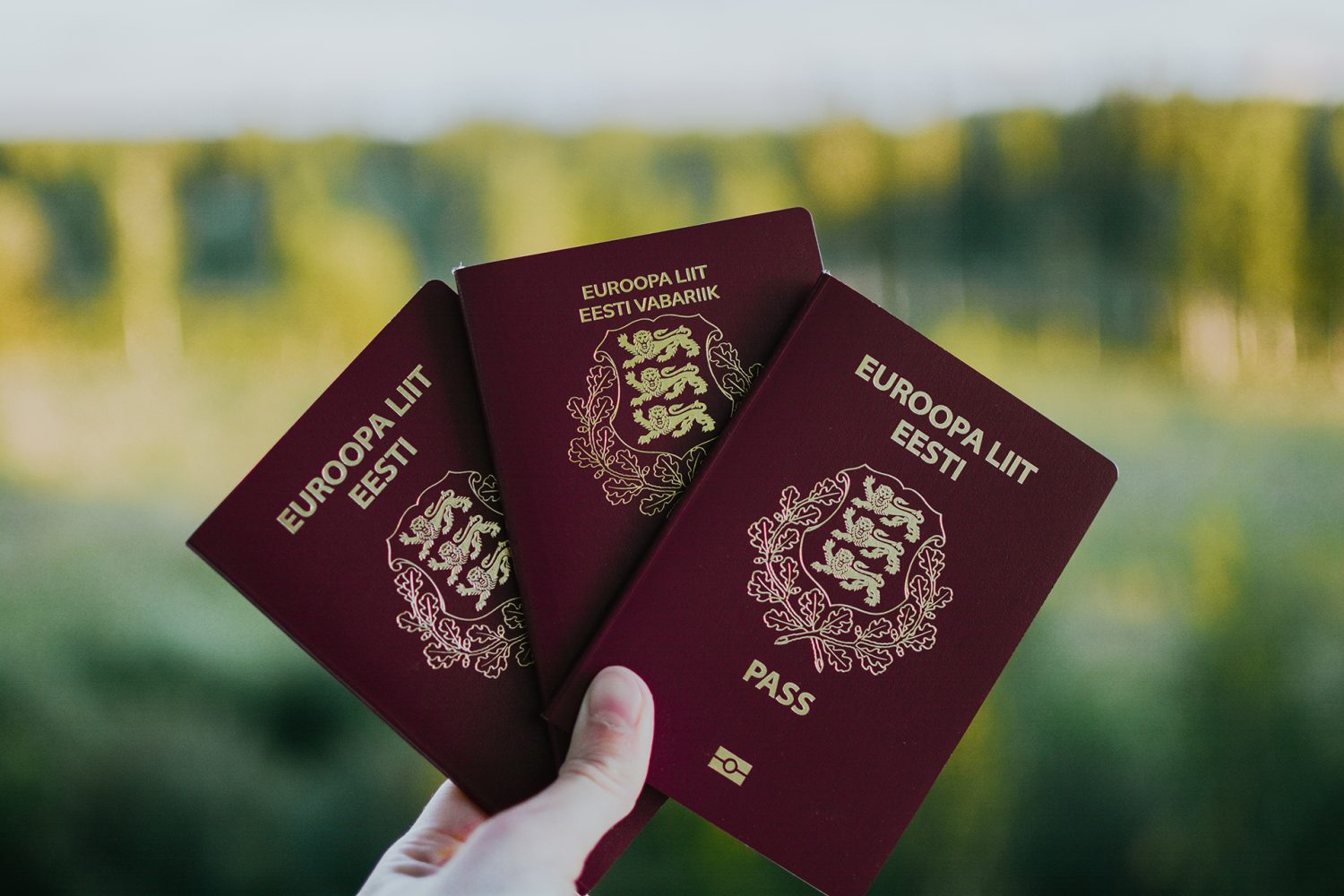
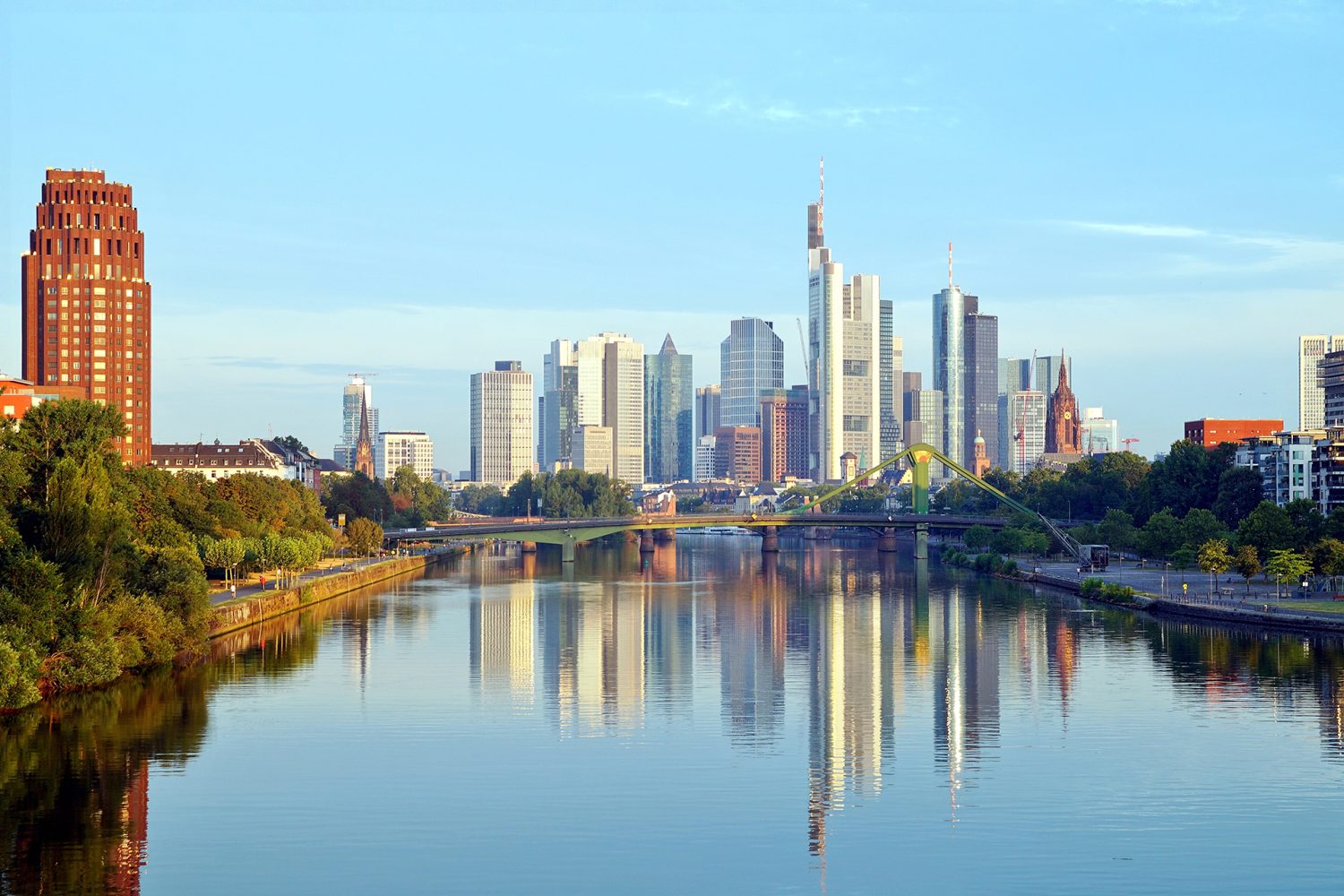

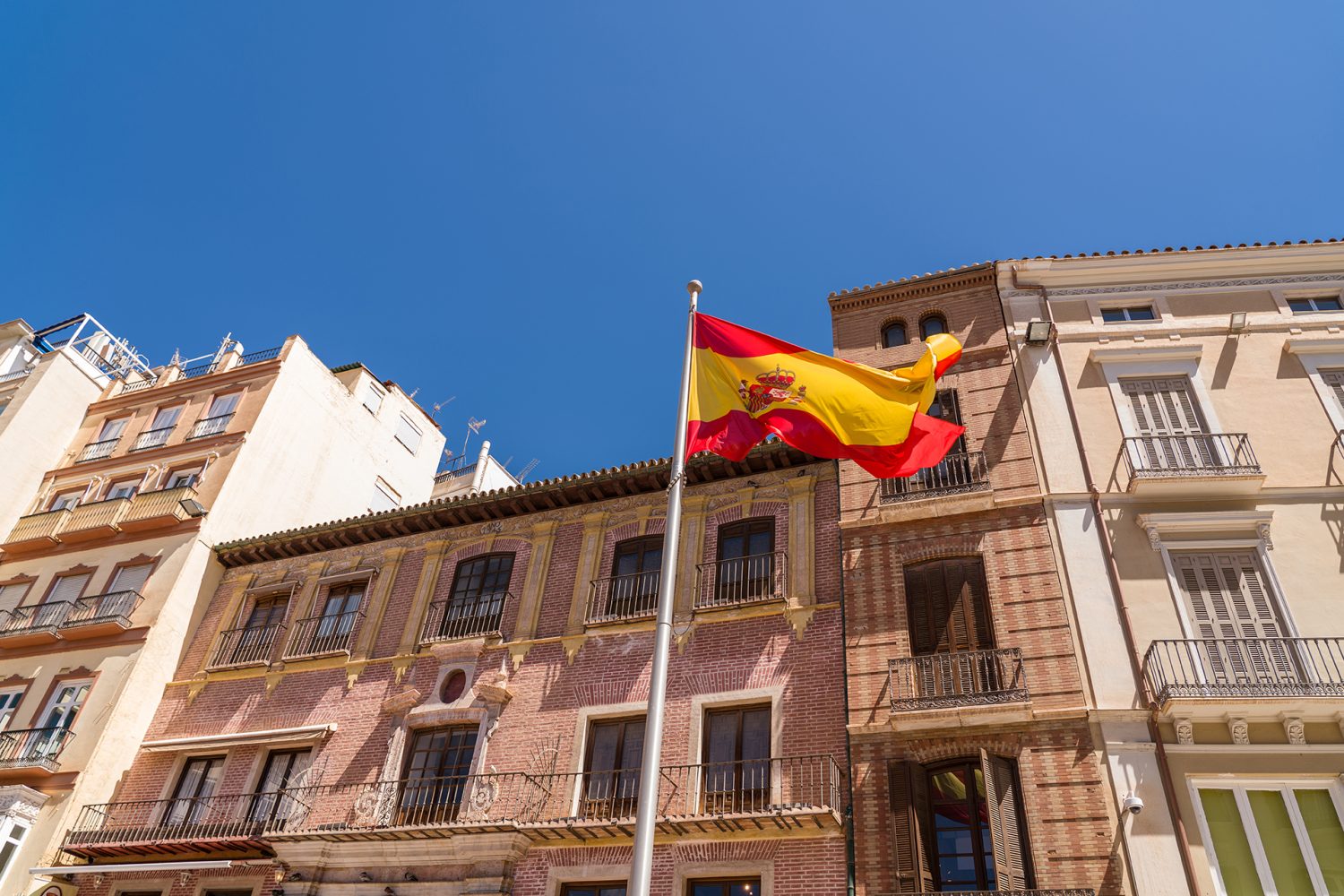
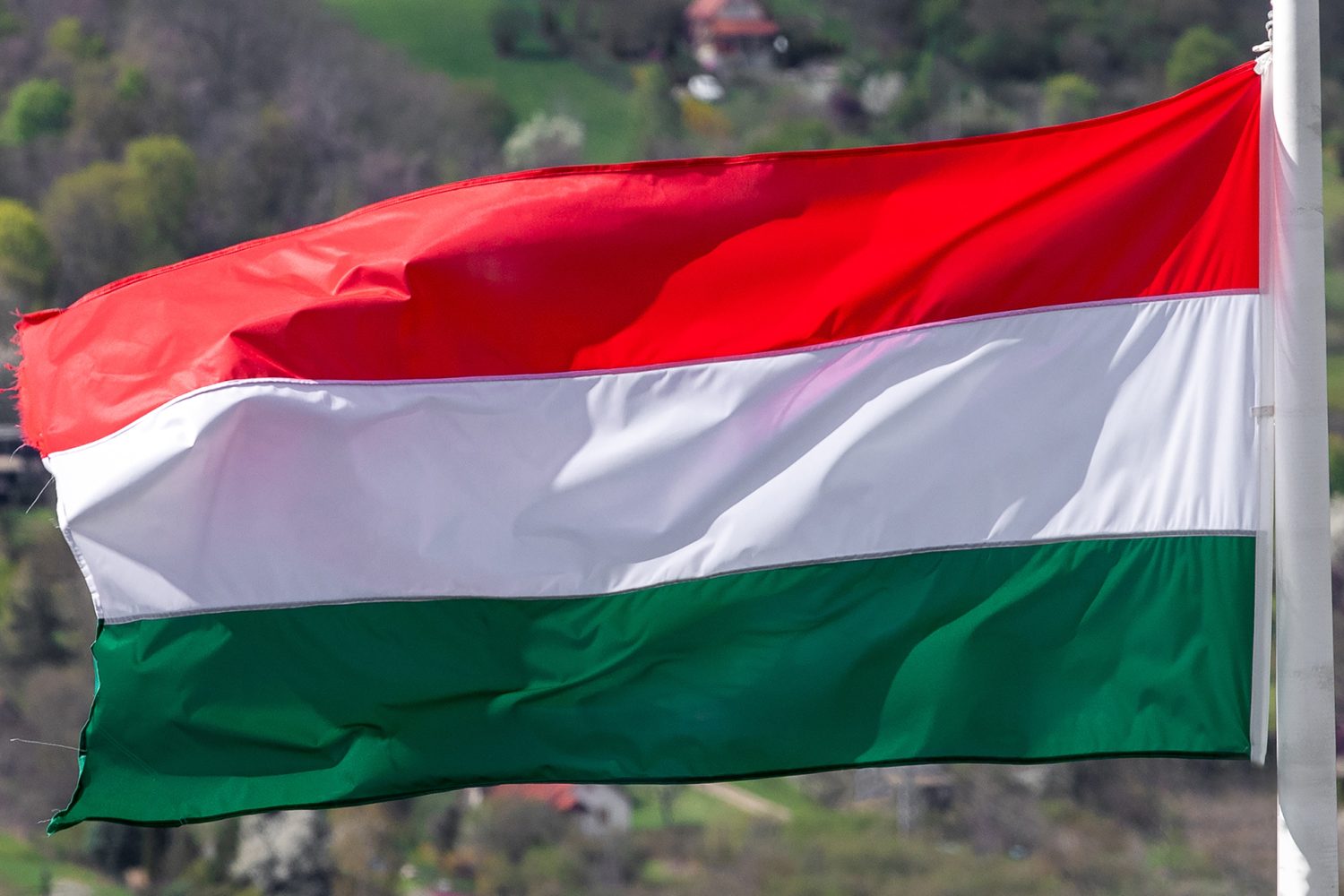

Elena Vasileva
Hello! If I receive permanent residence in Romania, can I live in another EU country without restrictions?
Diana Weber
Hello! Not entirely. Romanian permanent residence gives you unrestricted rights inside Romania, but not full EU mobility. However, if you apply for and receive the EU long-term resident status (which is linked but distinct), you gain access to simplified procedures to live or work in other EU countries. You’ll still need to apply in the destination country, but you won’t need to meet the full residence period again. It’s important to distinguish national PR from EU long-term residency — they’re issued separately but may coexist.